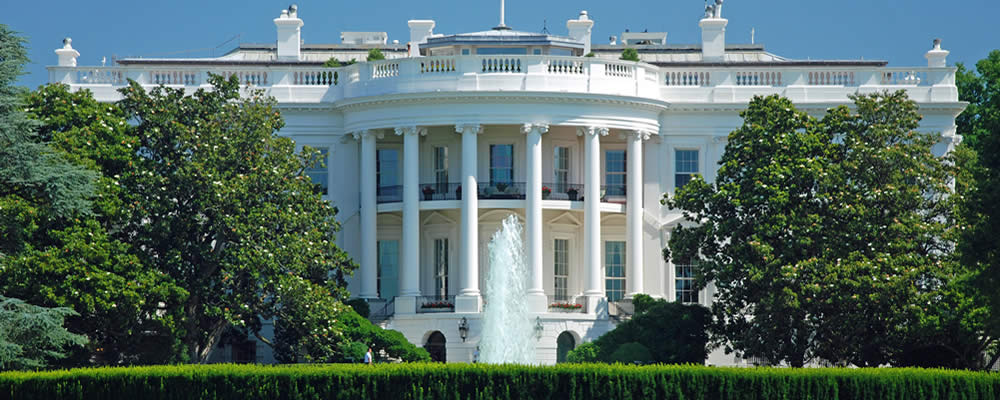- Euro US Dollar Hits 1.1824 – US Dollar Euro Slides to 0.8455
- Fed Policy Maker James Bullard Takes Dovish Stance – Investor Demand for the ‘Greenback’ Diminishes
- German Industrial Production Drops and Trade Surplus Rises Less than Anticipated – Euro Remains Unperturbed
The Euro US Dollar exchange rate extended its gains into this morning as demand for the US Dollar was diminished by statements from Fed Policymakers.
St. Louis Fed President James Bullard stated on Monday that the Federal Reserve wouldn’t need to raise interest rates in the near-term.
Bullard’s reasoning was essentially that US inflation is liable to remain weak for an extended period of time, even despite upticks in the US job market.
Understandably, this drove down bets of another rate hike this year from the Fed, pushing the current odds to 37%, far lower than just a couple of months ago. Consequently demand for the US Dollar took a hit, especially as investor sentiment towards the ‘Greenback’ is currently limited by perceived issues regarding future US – China trade relations.
Euro (EUR) Unperturbed by Mixed Data Releases
Germany, the Eurozone’s largest economy has published some mixed data releases as of late.
Yesterday it was revealed that month-on-month industrial production in Germany dropped to -1.1% in June, far below May’s 1.2% growth and below the 0.2% predicted.
This was, in effect, driven by lower output in consumer, intermediate and capital goods and signalled their first drop in industrial output since December last year.
In today’s news, it was revealed that Germany’s trade balance rose from 22bn to 22.3bn in June.
Whilst this was indeed less than expected, it was still a marked increase; demonstrating that Germany continues to export more goods than it imports.
Of note; Germany’s export figures in June dropped from 1.5% s to -2.8%, far below the 0.2% predicted.
The single currency did not, however, see much of a resulting decline against the US Dollar, instead it has remained relatively stable.
EUR USD Forecast: Big Data Ahead
The data calendar for this pairing remains fairly quiet for the rest of this week, but Friday will see some very significant releases.
First and foremost for this pairing are the final German inflation figures, which are currently forecast to remain at initial estimates of of 1.7% (year-on-year) and 0.4% (month-on-month). With so many other data releases for Germany falling short of expectations, however, some investors are anxious that the economy might not have performed quite as well as anticipated.
Secondly is a run of US data releases, notably the nation’s inflation figures for July (annual and month-on-month), as well as their average weekly and hourly earnings figures.
Robert Steven Kaplan and Neel Kashkari are also due to give talks on Friday evening.
Whilst Kaplan has historically advocated further rate hikes this year, he took a slightly more cautious tone in June when he insisted on a ‘go-slow’ approach. Markets will be keen to assess his latest sentiment on the subject, especially with other Fed policymaker speeches being mostly dovish.
Should Kaplan or indeed Kashkari give hawkish statements, then the Euro US Dollar exchange rate will likely come under pressure. Conversely a continuation of the dovish trend will likely give the Euro even more room to capitalise this trading week.
